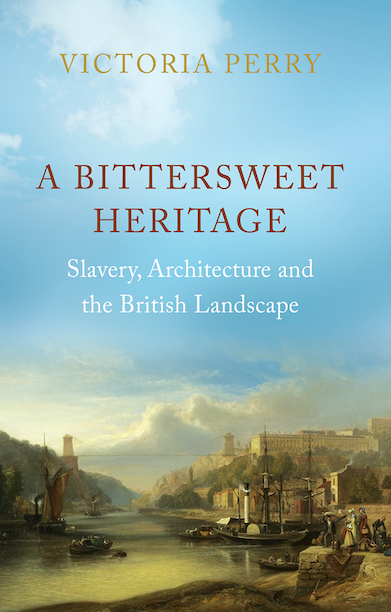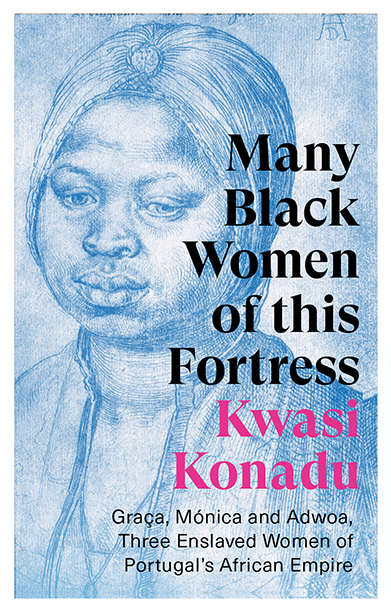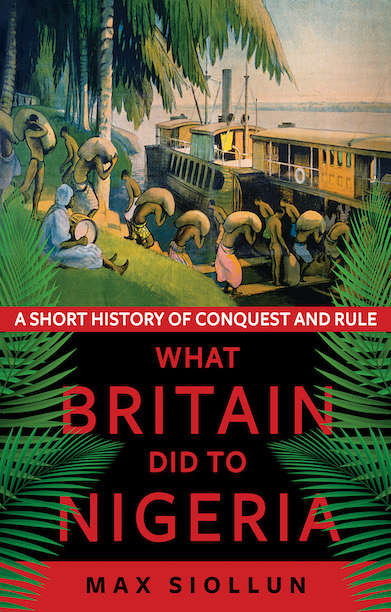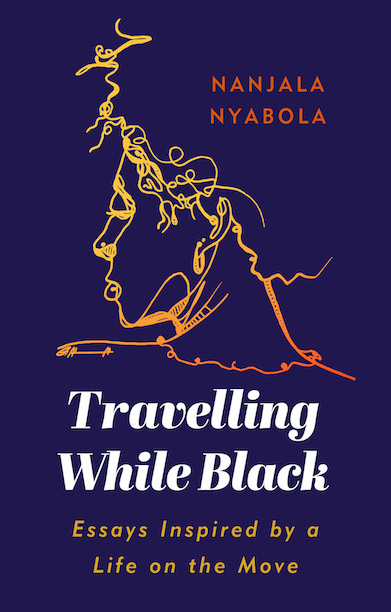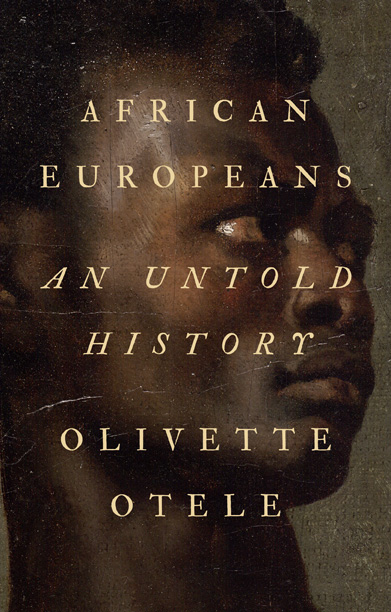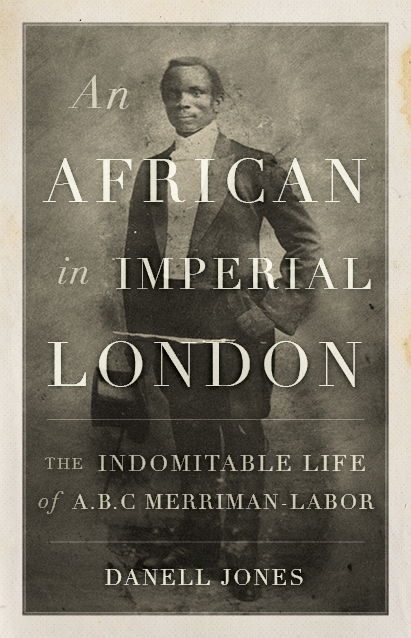A Bittersweet Heritage
Slavery, Architecture and the British Landscape
A revealing history of how slavery-derived wealth transformed Britain’s natural and architectural landscapes.
Description
The 2020 toppling of slave-trader Edward Colston’s statue by Black Lives Matter protesters in Bristol was a dramatic reminder of Britain’s role in trans-Atlantic slavery, too often overlooked. Yet the legacy of that predatory economy reaches far beyond bronze memorials; it continues to shape the entire visual fabric of the country.
Architect Victoria Perry explores the relationship between the wealth of slave-owning elites and the architecture and landscapes of Georgian Britain. She reveals how profits from Caribbean sugar plantations fed the opulence of stately homes and landscape gardens. Trade in slaves and slave-grown products also boosted the prosperity of ports like Bristol, Liverpool and Glasgow, shifting cultural influence towards the Atlantic west. New artistic centres like Bath emerged, while investment in poor, remote areas of Wales, Cumbria and Scotland led to their ‘re-imagining’ as tourist destinations: Snowdonia, the Lakes and the Highlands. The patronage of absentee planters popularised British ideas of ‘natural scenery’—viewing mountains, rivers and rocks as landscape art—and then exported the concept of ‘sublime and picturesque’ landscapes across the Atlantic.
A Bittersweet Heritage unearths the slavery-tainted history of Britain’s manors, ports, roads and countryside, and powerfully explains what this legacy means today.
Reviews
‘A Bittersweet Heritage illuminates how Caribbean profits shaped not only family trees, but the planting and painting of Britain’s landscape – and the mansions erected thereon.’ – Church Times
‘An impressive, highly readable, and beautifully illustrated book.’ – The Round Table
‘[A] fine, well-illustrated work of (often painful) history.’ — Context
‘A very helpful overview of an important historical arc […] on the path towards a more complete and truthful telling of the history of [architecture in Britain].’ — Architectural History
‘An important and engrossing contribution to the history of Britain’s place in the global slave trade, and how it shaped our urban and rural, domestic and civic fabric. Perry successfully charts this brutal past and reminds us all of how its everyday legacies continue today.’ — Tristram Hunt, historian, former MP and Director, Victoria and Albert Museum
‘This book showing how profits from Black slavery helped to transform Britain’s architecture and landscapes gripped me from beginning to end. Enhanced by a lucid and accessible prose style together with many fascinating images, it most certainly deserves a very wide readership.’ — Sir Tom Devine, Professor Emeritus, University of Edinburgh, and editor of Recovering Scotland’s Slavery Past: The Caribbean Connection
‘This book is eye-opening. From her essay in the renowned volume Slavery and the British Country House to this magnificent new study, Victoria Perry continues to illuminate the myriad—and surprising—architectural, rural and cultural legacies of Britain’s slavery business.’ — Corinne Fowler, Professor of Postcolonial Literature, University of Leicester
‘This is a scholarly and timely history of great country seats created from the profits of plantation slavery. It is a fascinating story of how the political, cultural, social and economic milieu both shaped their history and informs our present.’ — Simon Allford, President of the Royal Institute of British Architects
‘A captivating if uncomfortable account of the connections—strategic and individual—between the trans-Atlantic slave trade and Britain’s built and natural heritage. The design ideals of this cruel historic period have been successfully buried for generations, but Perry’s meticulous research and excellent storytelling bring them to new audiences.’ — Louise Thomas, Director, Historic Towns & Villages Forum
Author(s)

Victoria Perry PhD is a historian, and an architect and director at Donald Insall Associates: Architects and Historic Building Consultants. An examiner at The Bartlett School of Architecture, University College London, she contributed to the Oxford Companion to Black British History and English Heritage’s Slavery and the British Country House.
